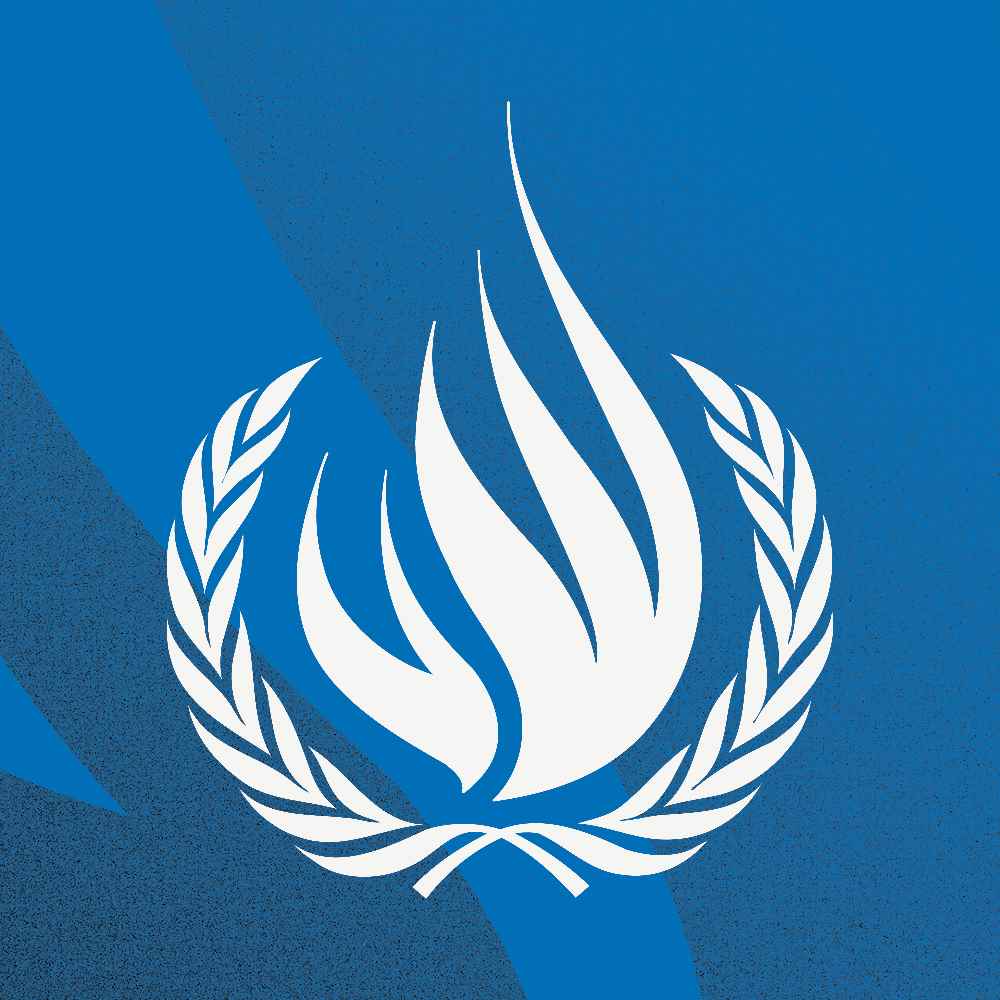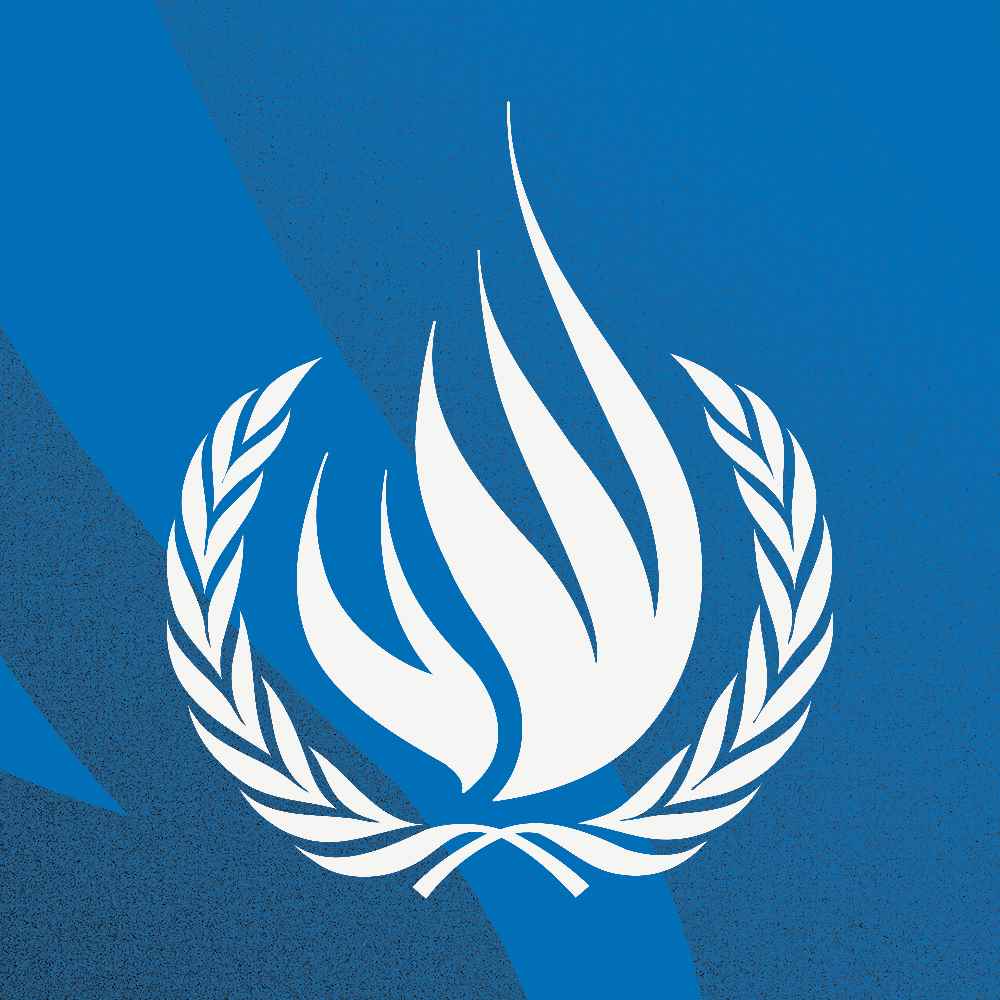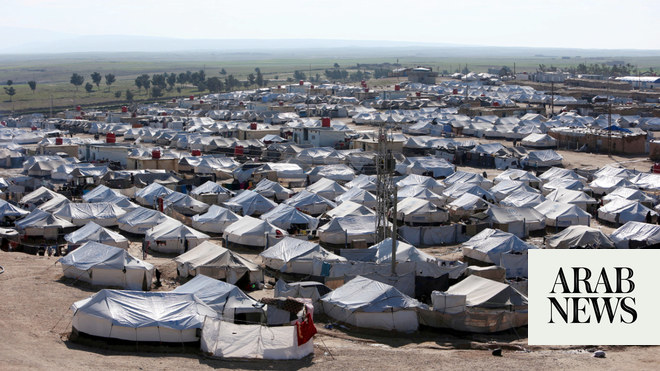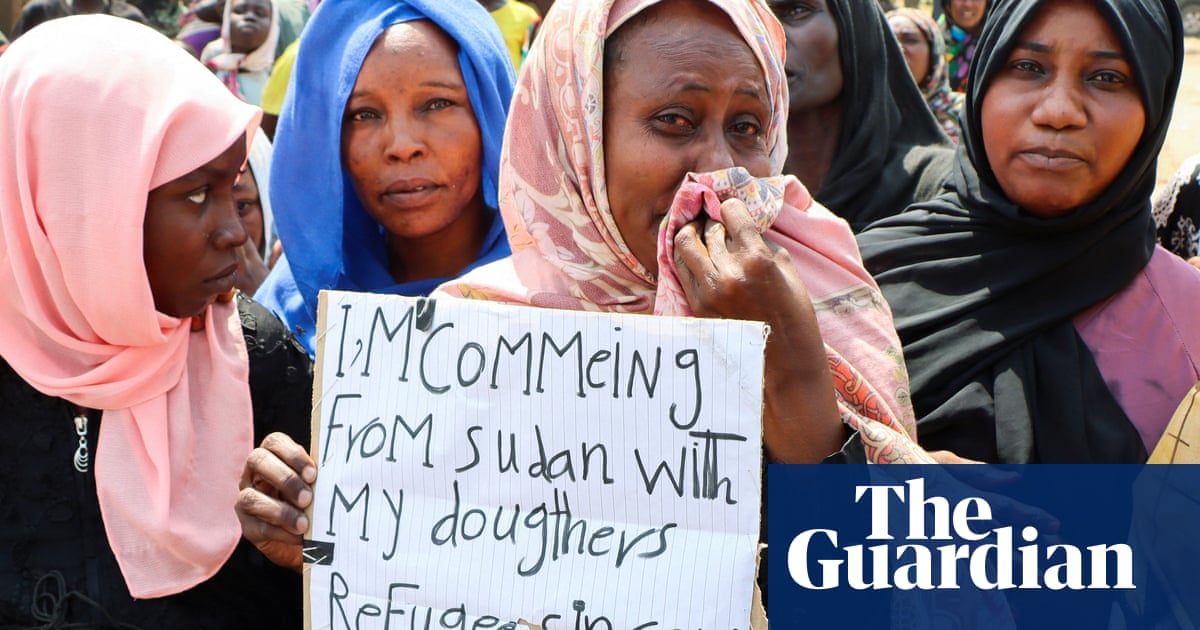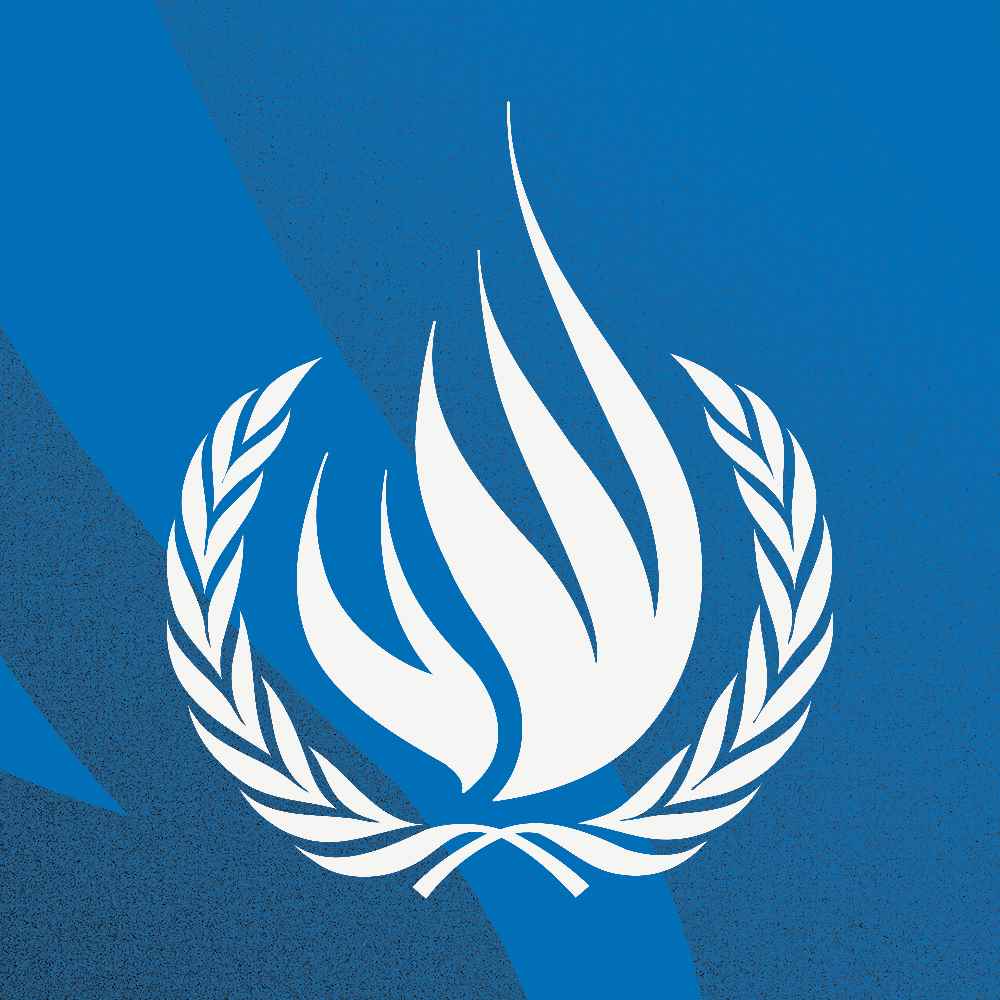
GENEVA (2 March 2023) – The UN Special Rapporteur on the situation of human rights in Myanmar Tom Andrews made an urgent appeal to Member States today to reverse “the shameful, catastrophic cuts” to food rations for Rohingya refugees in Bangladesh that began to be implemented yesterday.
“These rations cuts are a stain on the conscience of the international community,” said Andrews. “I have spoken with desperate families in the camps who have already had to cut back on essential food items due to a spike in prices. Reversing these cuts in food aid is literally a matter of life and death for Rohingya families,” the Special Rapporteur said.
“Many UN Member States have offered rhetorical support for the Rohinyga. But Rohingya families cannot eat political rhetoric. It is past time for UN Member States to replace empty declarations of support with life saving action,” Andrews said.
“Unless they are quickly reversed, the impact of these cuts will be catastrophic and long-lasting,” he said. According to the expert, malnutrition and adverse health outcomes could spike in the community and the development of Rohingya children could be severely impaired. The consequences of these cuts are likely to be carried by the Rohingya people for generations.
The UN expert issued the plea in a letter to UN member states to what could be a series of cuts in food rations for Rohingya refugees in Bangaldesh by the World Food Programme (WFP). The cuts could exceed 30 percent of current allocations to Rohingya refugees.
“These cuts will be devastating for a traumatised population that is already suffering from widespread malnutrition,” Andrews said. “The impact of the already inadequate level of food support for Rohingya refugees is unconscionable: 40 percent of Rohingya children are currently suffering from stunted growth; 51 percent of Rohingya children and 41 percent of pregnant and breastfeeding Rohingya women are anemic; 45 percent of all Rohingya families in the camps are living with insufficient diets.”
Andrews said the food ration cuts will impact nearly 1 million Rohingya refugees from Myanmar who fled genocidal attacks by the Myanmar military.
“Tragically, the WFP has announced that cuts to the already insufficient food rations will be only the first round of ration reductions if additional funding is not forthcoming. The value of the monthly food ration allocation for each Rohingya refugee in the Bangladesh camps has been reduced by 17 percent,” the Special Rapporteur said. “Without additional support, these cuts will be even deeper over the next two months, with food rations reduced by a third. That would mean that, on average, Rohingya refugees in Bangladesh camps would need to try and survive on $0.27 USD per day,” the Special Rapporteur said.
“The consequences of these additional cuts will be catastrophic for a population that has already been forced to endure immense suffering,” he said.
The World Food Programme reportedly needs $125 million USD immediately to halt the ration cuts. Andrews noted that the food crisis was merely “the tip of the iceberg,” as the overall Rohingya Humanitarian Crisis Joint Response Plan (JRP) has been sorely underfunded for a number of years, and remains at risk of significant underfunding in 2023. The 2023 JRP will likely be published next week.
Andrews told Member States that he will be closely monitoring all contributions by governments to food and nutrition for the Rohingya refugees and how these amounts compare to previous years’ contributions. He announced that he will provide regular updates to the Human Rights Council and the General Assembly.
ENDS
Mr. Thomas Andrews (United States of America) is the Special Rapporteur on the situation of human rights in Myanmar. A former member of the US Congress from Maine, Andrews is a Robina Senior Human Rights Fellow at Yale Law School and an Associate of Harvard University’s Asia Center. He has worked with the National Democratic Institute for International Affairs and parliamentarians, NGOs and political parties in Cambodia, Indonesia, Algeria, Croatia, Serbia, Ukraine and Yemen. He has been a consultant for the National Coalition Government of the Union of Burma and the Euro-Burma Network and has run advocacy NGOs including Win Without War and United to End Genocide.
The Special Rapporteurs are part of what is known as the Special Procedures of the Human Rights Council. Comprising the largest body of independent experts in the UN Human Rights system, Special Procedures is the general name of the Council"s independent fact-finding and monitoring mechanisms that address either specific country situations or thematic issues in all parts of the world. Special Procedures experts work on a voluntary basis; they are not UN staff and do not receive a salary for their work. They are independent from any government or organization and serve in their individual capacity.
UN Human Rights, country page – Myanmar
For more information and media requests please contact:
Jacqui Zalcberg
jacqui.zalcberg@un.org
For media enquiries regarding other UN independent experts, please contact
Maya Derouaz
(maya.derouaz@un.org) and
Dharisha Indraguptha
(dharisha.indraguptha@un.org)
Follow news related to the UN’s independent human rights experts on Twitter @UN_SPExperts.
Concerned about the world we live in?
Then STAND UP for someone"s rights today.
#Standup4humanrights
and visit the web page at http://www.standup4humanrights.org






